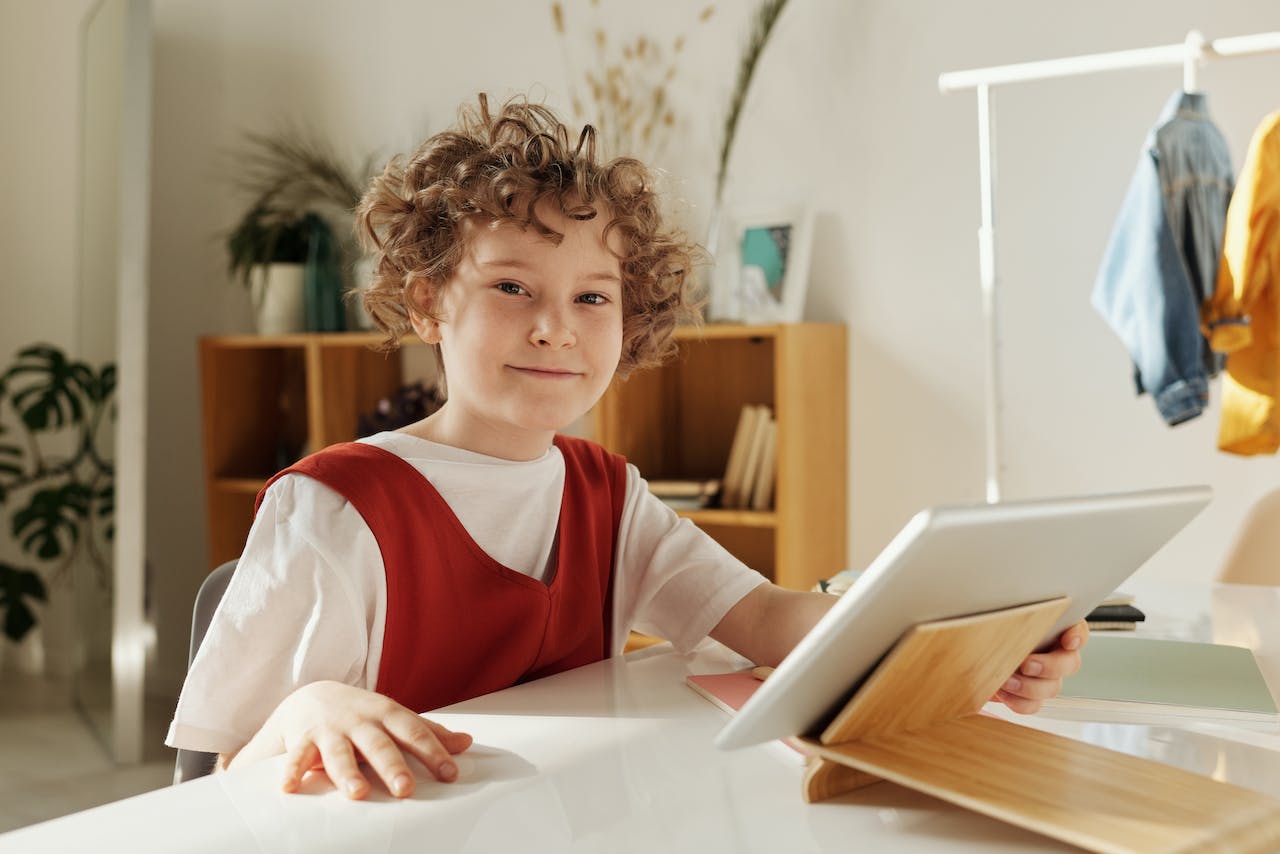Maintaining the correct chlorine level in a swimming pool is crucial for ensuring the water is clean and safe for swimmers. Chlorine tablets are a common way to chlorinate pools, but knowing the right amount to use can be challenging. This article will provide a detailed guide on determining how many chlorine tablets you should use for your pool.
Understanding Pool Chlorination
Chlorine is a chemical used to sanitize pool water by killing bacteria and algae. It is essential to understand the factors involved in chlorination to determine the right amount of chlorine tablets needed.
Chlorine Levels
The ideal chlorine level in a pool should be between 1.0 and 3.0 parts per million (ppm). Regular testing is necessary to maintain this level.
Factors Affecting Chlorine Use
The size of your pool, frequency of use, weather conditions, and the presence of organic matter can all affect chlorine consumption. Larger pools, high bather loads, sunny conditions, and the presence of debris all require more chlorine.
Calculating Chlorine Tablet Quantity
The number of chlorine tablets needed is primarily based on the volume of water in your pool. Each tablet typically adds a certain amount of chlorine to a specific volume of water.
Pool Volume Calculation
To calculate your pool’s volume in gallons, use the formula: Length x Width x Average Depth x Multiplier (7.5 for rectangular/square pools, 5.9 for oval pools, and 5.9 for round pools).
Tablet Dosage
Most chlorine tablets are designed to treat 5,000 to 10,000 gallons of water per tablet. Check the manufacturer’s instructions to determine the exact dosage.
Applying Dosage
If your pool holds 20,000 gallons of water and one tablet treats 10,000 gallons, you will need two tablets. However, always start with the manufacturer’s recommendations and adjust based on regular water testing results.

Best Practices for Using Chlorine Tablets
Properly using chlorine tablets will ensure your pool remains clean, clear, and safe for swimming.
Using a Chlorine Dispenser
A floating chlorine dispenser or an inline/offline chlorinator is a good way to evenly distribute chlorine throughout the pool. Never throw tablets directly into the pool as they can damage the pool surface.
Regular Monitoring
Test your pool water 2-3 times per week to monitor chlorine levels and adjust tablet quantity accordingly. Use a reliable pool test kit.
Stabilizer Levels
Cyanuric acid, or stabilizer, helps prevent chlorine from being rapidly depleted by sunlight. Maintain a stabilizer level of 30-50 ppm to ensure chlorine effectiveness.
Common Issues and Solutions
Sometimes, despite best efforts, pool owners might encounter issues with chlorine levels. Here are some tips for troubleshooting common problems.
Low Chlorine Levels
If chlorine levels consistently test low, increase the number of tablets being used. Consider environmental factors or increased pool usage as potential causes.
High Chlorine Levels
High chlorine can be harmful and uncomfortable for swimmers. If the levels are too high, reduce the number of tablets and allow the levels to drop naturally.
Chlorine Lock
This occurs when the stabilizer levels are too high, rendering the chlorine ineffective. If this happens, you may need to partially drain and refill your pool, and adjust stabilizer use.
In conclusion, the number of chlorine tablets you need for your pool depends on the pool size, tablet strength, and environmental factors. Always start with the manufacturer’s dosage recommendations and adjust based on regular water testing. Use a proper dispenser, keep track of stabilizer levels, and address any issues promptly to maintain a clean and safe swimming environment.
Appropriate use of chlorine tablets will help in maintaining the health of your pool water and ensure an enjoyable swimming experience for everyone. Regular monitoring and adjustments are key to effective pool chlorination and maintenance practices.
Please note that the advice provided in this article is general and may not apply to all types of pools and chlorine tablets. Always follow the specific instructions provided by your pool manufacturer and the chlorine tablet manufacturer to ensure safe and effective chlorination of your pool.